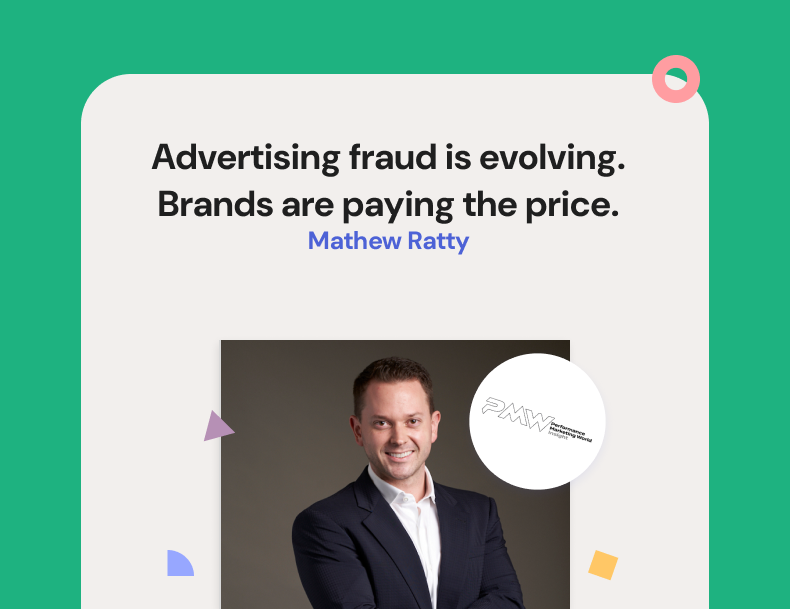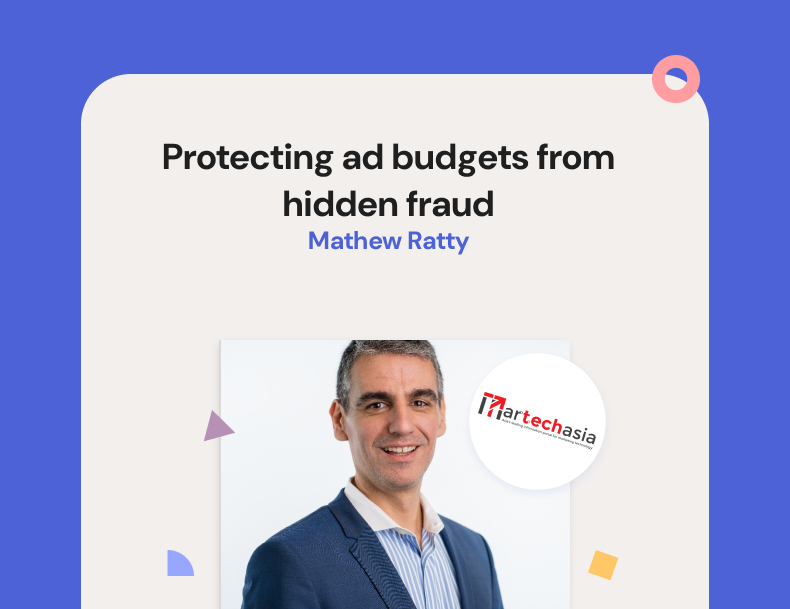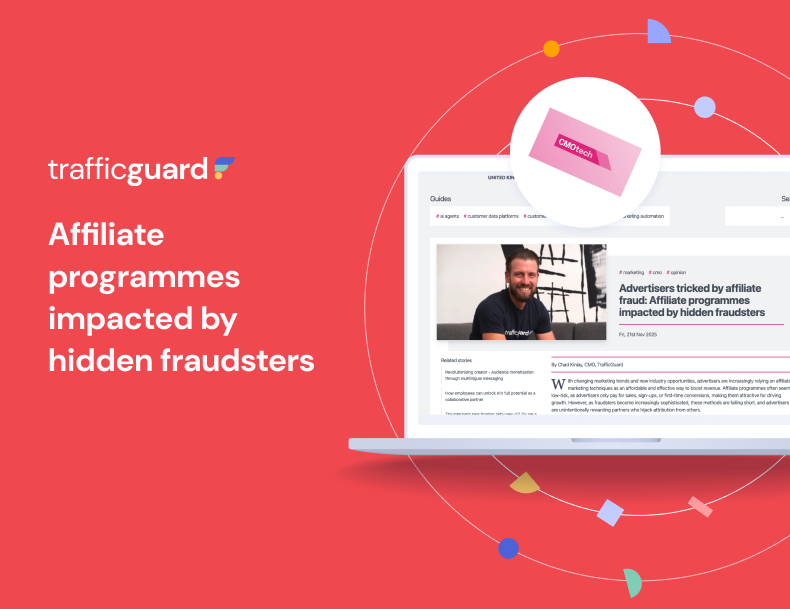Winning More Clients with Digital Marketing: Making Outcomes Match Investments

The legal sector has embraced AI, but AI might be making it more difficult to win more clients. With more companies investing in digital marketing, it is important to match outcome with input. This is being made increasingly difficult in a crowded market as fraudsters continue to leverage AI.
In some cases, fraudsters aren’t just exploiting systems for profit, they’re also weaponising them. Competitors may use bots to intentionally click on rival ads and drain daily budgets, a tactic known as click sabotage. Disgruntled clients or individuals can do the same manually, repeatedly clicking on ads to remove them from circulation.
This competition is leading firms to pay out substantial amounts to fund pay-per-click (PPC) campaigns that will give them the edge over competitors. On average, firms are spending 49% of their annual marketing budgets on online advertising according to marketing analytics company CallRail. Larger budgets means that ROI on digital campaigns is critical to firm’s revenues. Fraudsters are now directly targeting these budgets with sophisticated AI tools, leaving legal firms at risk of missing out on clients and crucial revenue.
With click prices in the legal sector among the highest in the world, the stakes are significant. According to WordStream, keywords like “injury lawyer” can cost more than $100 per click, making every wasted impression a direct blow to ROI.
AI powered bots are being adopted by bad actors, providing the perfect tools to carry out large scale attacks against legal firms with ease. Bad actors can program bots to rapidly create numerous fake accounts to drain PPC budgets without ever generating a conversion on the site and in turn new clients.
But it’s not just bots. Human-driven fraud, like competitors clicking out of spite or former clients seeking revenge, can also drain budgets in a way that’s harder to detect and stop.
Legal firms need to develop a proactive strategy to identify ad fraud as AI gets smarter and more sophisticated. With a strategy in place, legal firms will be able to combat fraud to accurately track their digital campaigns and grow their client base and revenues.
Bots Targeting Ad Budgets
In the legal sector AI is being utilised to streamline operations and provide predictive insights. Unfortunately, the technology has also proven to be just as beneficial for bad actors.
With AI, bad actors can automate their attacks with ease, siphoning away budgets and skewing campaign performance data. AI-powered bots can be specifically designed to evade detection and launch attacks on budgets.
Bots have become more sophisticated and are now capable of accurately mimicking the behaviour of legitimate human users. They can bypass CAPTCHAs, move the mouse in random patterns and even vary their typing speeds to appear more human. This helps them to blend in with legitimate traffic more effectively, and from there they can start their attack.
Bots are leveraged to repeatedly click on legal firms’ paid ads. These fraudulent clicks will quickly drive-up customer acquisition costs (CACs). PPC campaigns operate with a set budget, meaning that they will be removed from circulation after hitting a certain number of clicks. Fake clicks from fraudsters are eating away at these budgets, preventing potential clients from seeing the ad campaign. Budgets will subsequently take a hit as fraudsters don’t make any legitimate conversions, and potential new clients aren’t seeing the firm’s ads online.
What makes the situation more challenging is the mix of bad actors involved. It’s not only automated bots causing damage, but some attacks are also coordinated by humans using scripts and VPNs to imitate genuine users, or by repeat manual clickers acting on behalf of competitors. This combination makes fraudulent traffic harder to isolate.
The legal industry is one of the most competitive when it comes to keyword bidding on Google Ads. Legal keywords are particularly expensive, sometimes costing firms several hundreds of dollars per click. With so much money on the line, it’s crucial that ad spend isn’t being wasted on fraudulent clicks.
The impact of ad fraud is long lasting, as it damages more than just the current campaign. Bot traffic artificially inflates campaign numbers, making data unreliable and therefore more difficult to accurately track. Legal marketers will view a campaign as a success, not realising the clicks are false positives from fraudsters. Funds will then be invested into underperforming future campaigns, leading to budgets being depleted even further.
Identifying Fraudulent Activity
In such a competitive industry, every click counts for legal firms. It’s integral that legal firms develop a proactive strategy to identify fraudulent traffic before it drains advertising budgets:
- Active Monitoring: Legacy fraud detection tools struggle to distinguish between AI bots and legitimate users. Bots can be identified and blocked however by closely monitoring traffic for tell-tale signs. They typically operate in large groups, so a sudden spike in traffic could indicate bot activity. This is especially true if you notice a high bounce rate on your site as fraudsters don’t stay on the site for long. An influx of traffic sharing one IP address or all coming from a suspicious region/location are other signs to look out for.
- Deploy Robust Identity Verification: Implementing strong identity verification measures on your site can deter fraudsters. Bots can create fake profiles, but aren’t capable of providing more in-depth details, stopping them from spamming ad campaigns.
- Implement Ad Fraud Detection Tools: Utilising fraud detection tools is an extra step legal firms can take. These tools can determine if a click is from a genuine human user or a bot after its first interaction with an ad campaign. Fraudulent traffic can then be flagged before any harm comes to budgets.
Setting Strategies for Success
Digital outreach like PPC campaigns are essential within the legal sector to drive traffic. The success of these campaigns comes at a cost however, as bad actors have set their sights on this high-profit industry.
AI powered bots are becoming increasingly sophisticated and harder to detect, leaving advertising budgets at risk of frequent attacks. Combined with manual or semi-automated human fraud, the challenge becomes even more complex. Legal firms need holistic protection that goes beyond bot detection. To ensure they’re not losing out on potential clients, legal firms must address the ad fraud problem and protect their PPC campaigns.
Get started - it's free
You can set up a TrafficGuard account in minutes, so we’ll be protecting your campaigns before you can say ‘sky-high ROI’.
At TrafficGuard, we’re committed to providing full visibility, real-time protection, and control over every click before it costs you. Our team of experts leads the way in ad fraud prevention, offering in-depth insights and innovative solutions to ensure your advertising spend delivers genuine value. We’re dedicated to helping you optimise ad performance, safeguard your ROI, and navigate the complexities of the digital advertising landscape.
Subscribe
Subscribe now to get all the latest news and insights on digital advertising, machine learning and ad fraud.







